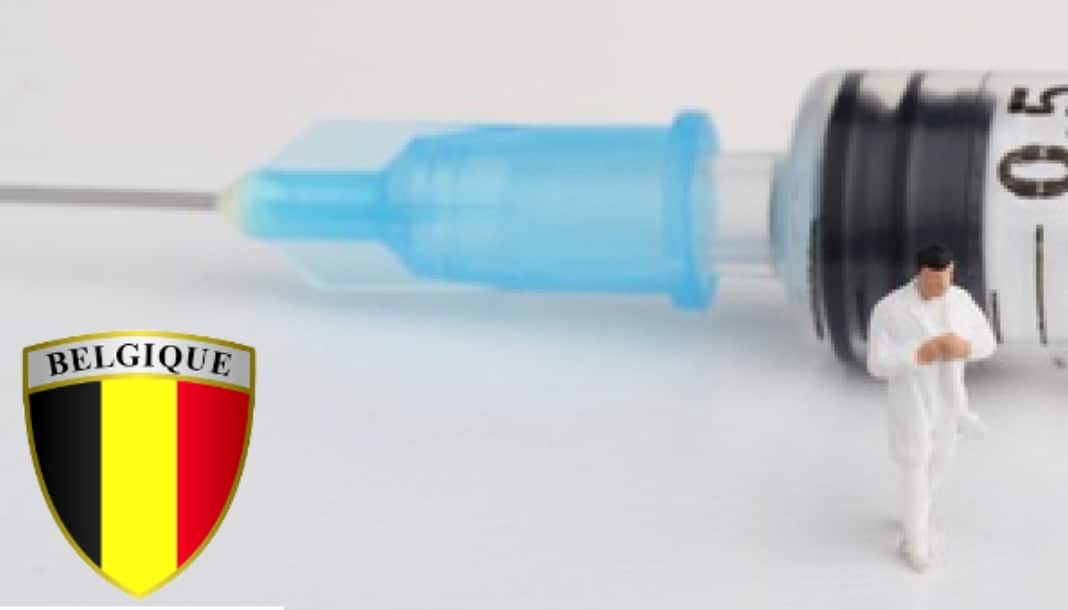Post Mortem Insemination: Controversial Birth in UK
Controversy recently erupted following media reports of a wealthy British couple who had conserved their son’s frozen sperm to produce a “designer grandson” by surrogacy techniques, following his death in a brutal accident at age 26.
Without obtaining formal consent from the individual concerned, it is illegal to harvest sperm post-mortem in the UK. In this particular case, the frozen semen was sent to California without prior consent for sampling, and then consequently used with donor eggs and a surrogate mother. The 50 year-old couple was able to choose the sex, and their grandson who is reportedly 3 years old currently lives in England.
The couple contacted Dr. David Smotrich, an American fertility specialist to create their “designer-baby” grandson. He reports: “They wanted a certain type of woman that their son might have been attracted to.” He continues by admitting “It’s very rare for a baby to be born from the sperm of a deceased person. I have only done this 5 times previously in my career. This couple was desperate to have an heir. They specifically wanted a male baby… “
This case marks an extreme example of transgressions in the reproductive marketplace and “designer babies”.
In France, the post mortem transfer of gametes or embryos is illegal. However, in 2016 the State Council gave authorization in an exceptional case: a Spanish widow was allowed to transfer her deceased husbands’ gametes to Spain for post mortem insemination where this practice is legal.




![[Press Release] French Bioethics: State Council Favors Individual Interests vs. Children’s Rights!](https://www.alliancevita.org/wp-content/uploads/2018/07/enfant-triste-1080x675-1.jpg)